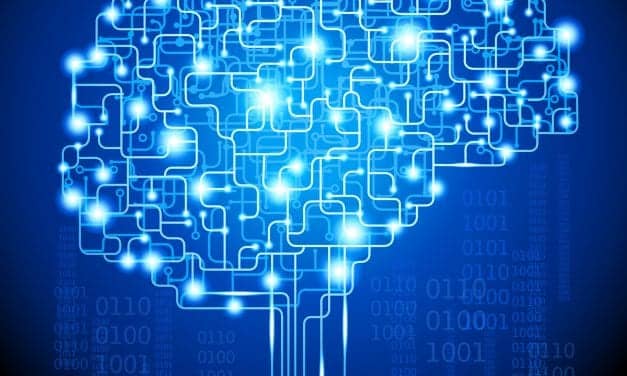The Brain on Hearing Aids: Can Treatment with Hearing Aids Improve Neurocognitive Function in Age-Related Hearing Loss?
One of the most amazing abilities of the human brain is its capacity for change. Based on the findings of authors Hannah Glick and Anu Sharma, it appears that untreated hearing loss (even mild sensorineural hearing loss) is associated with neural re-organization and cognitive deficits.
Read More














